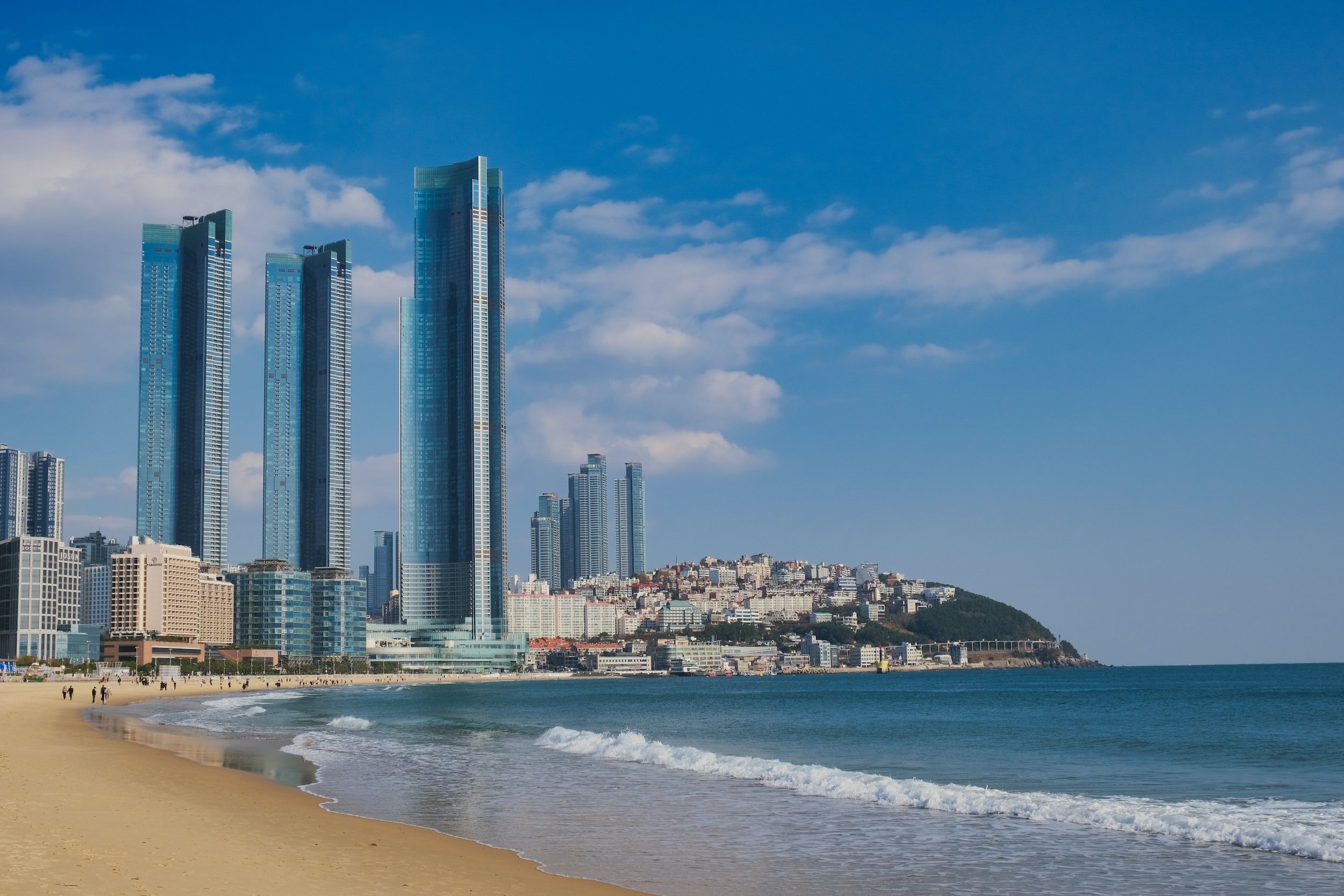
Welcome to the SCA’s Green Coffee Summit, a home for coffee market resources.
Spotlight: Consuming Markets
Green Coffee Summit wouldn’t be possible without the generous support of our Lead Sponsor, Sustainable Harvest.
Featured Video
Coffee's Essential Worker Community: An Action Oriented Path to Building Back Better with Living Wage and Living Income
Living wage and income have long been gaining steam among the media, global governments, sustainability standards, businesses, and a wealth of other actors, including consumers. But the necessity of ensuring a basic but decent living is more stark than ever in an age where vulnerability abounds.

NEW Market Research
Five Key Takeaways from the National Coffee Data Trends Study: Specialty Coffee Breakout Report
The National Coffee Data Trends Study is packed with information: conducted twice a year, the report tracks coffee consumer trends, attitudes, and behavior. What are five key things that the specialty coffee industry should pay attention to specifically? Learn more from the SCA’s Research Manager, Katie von der Lieth →
Explore the Latest Resources

Taking Less, Not Giving More | 25, Issue 12
Achieving an equitable value distribution isn’t about making the pie bigger; it’s about dividing the pie better. It’s about who captures the value within the chain, regardless of where they are.

Coffee’s Retail Value in Europe (2018)
How much money did coffee sold at cafés and coffee-focused shops make across Europe in 2018?

Un caso de negocio para incrementar el consumo de café especial en países productores
Las oportunidades adicionales para crear y capturar más valor son clave para que los productores reduzcan el riesgo. Por lo tanto, es vital comprometerse con estrategias que les permitan a los productores crear (más) valor y obtener un mayor y mejor parte del precio al consumidor.

A Business Case to Increase Domestic Consumption in Specialty Coffee Producing Countries
For producers to reduce risk, additional opportunities to create and capture more value are key—domestic consumption could allow producers to enable to create (more) value and allow them to obtain a better, higher share of the consumer price.

Protecting Terroir | 25, Issue 3
Geographical indications can protect producers in a region and guarantee the quality of the product; what are the opportunities and challenges of seeking these protections?

Addressing the Price Crisis
The recommendations found in the Price Crisis Response Initiative’s Summary of Work were selected for their strong potential to foment long-term change in the coffee sector.

Cafés and Coffee Shops in Europe (2018)
How many cafés and coffee shops were there in Europe as of 2018?

Is Arabica Washed Out? | 25, Issue 2
While demand for washed arabica is soaring, total output has remained stagnant for two decades and is rapidly losing market share at origin.

How to Use the Coffee Taster’s Flavor Wheel
Based on the World Coffee Research Sensory Lexicon, the Coffee Taster’s Flavor Wheel provides a visual representation of a standard set of attributes designed to allow trained sensory panels to evaluate coffees for scientific research.

Growing Specialty Coffee in Times of Conflict: Case Studies in East Africa | 25, Issue 8
Dr. Joseph King explores the role of specialty coffee across two case studies of conflict and development efforts in Rwanda and Eastern Congo.

Gender Equity and Coffee: Minimizing the Gender Gap in Agriculture
Research shows that overall, women earn less income, own less land, control fewer assets, and have less access to credit and market information, greater difficulty obtaining agricultural inputs, and fewer training and leadership opportunities.

Food Security and Coffee: Ending Seasonal Hunger
While hunger and food insecurity are complicated issues, there are immediate opportunities for all stakeholders in the specialty coffee industry to get involved and take action to help end hunger in the coffeelands.

Farmworkers and Coffee: The Case for Inclusion
Deeper engagement with farmworkers and with farm labor issues can help specialty coffee mitigate latent supply-chain risks, stay apace with changes on the regulatory landscape, seize opportunities for value creation and mutual gain, and expand specialty coffee’s promise to include these people who are critical to the future of our industry.

Farm Profitability Q&A | Janina Grabs
Janina Grabs, a postdoctoral researcher of the political economy of sustainable commodity production, answers audience questions generated from a webinar series on farm profitability and prosperity.

Farm Profitability Q&A | Ed Canty
Ed Canty, General Manager of Cooperative Coffees, answers audience questions generated from a webinar series on farm profitability and prosperity.

Farm Profitability Q&A | Ashely Prentice
Ashley Prentice, a third-generation coffee producer from Guatemala with a Masters in Coffee Science and Economics, answers audience questions generated from a webinar series on farm profitability and prosperity.

Economics of the Coffee Supply Chain
This illustrative outlook reveals a broad representation of the specialty coffee value stream based on real data.

Drinking Local | 25, Issue 10
Vera Espindola Rafael conducted interviews with coffee producers, buyers, roasters, and café owners in cities across Mexico, Brazil, Colombia, and Rwanda to capture a snapshot of specialty consumption in countries traditionally seen as producers, not consumers, and understand what value, if any, producers were getting from selling domestically.

Difficult Conditions, Huge Potential: Processing Coffee in Eastern Uganda
Shakeel Padamsey, Dana Siedem, and Michael Buteera Mugisha explore the challenges and opportunities of coffee production in Uganda.

Creating Financial Stability in Coffee Farming | 25
Hortensia Solis interviews three young Latin American coffee professionals from three different countries to better understand their perspective on the future of coffee production, the industry’s most pressing challenges, and the steps they’re taking to resolve or otherwise navigate them.

Aprender
Un caso de negocio para incrementar el consumo de café especial en países productores
Las oportunidades adicionales para crear y capturar más valor son clave para que los productores reduzcan el riesgo. Por lo tanto, es vital comprometerse con estrategias que les permitan a los productores crear (más) valor y obtener un mayor y mejor parte del precio al consumidor →









